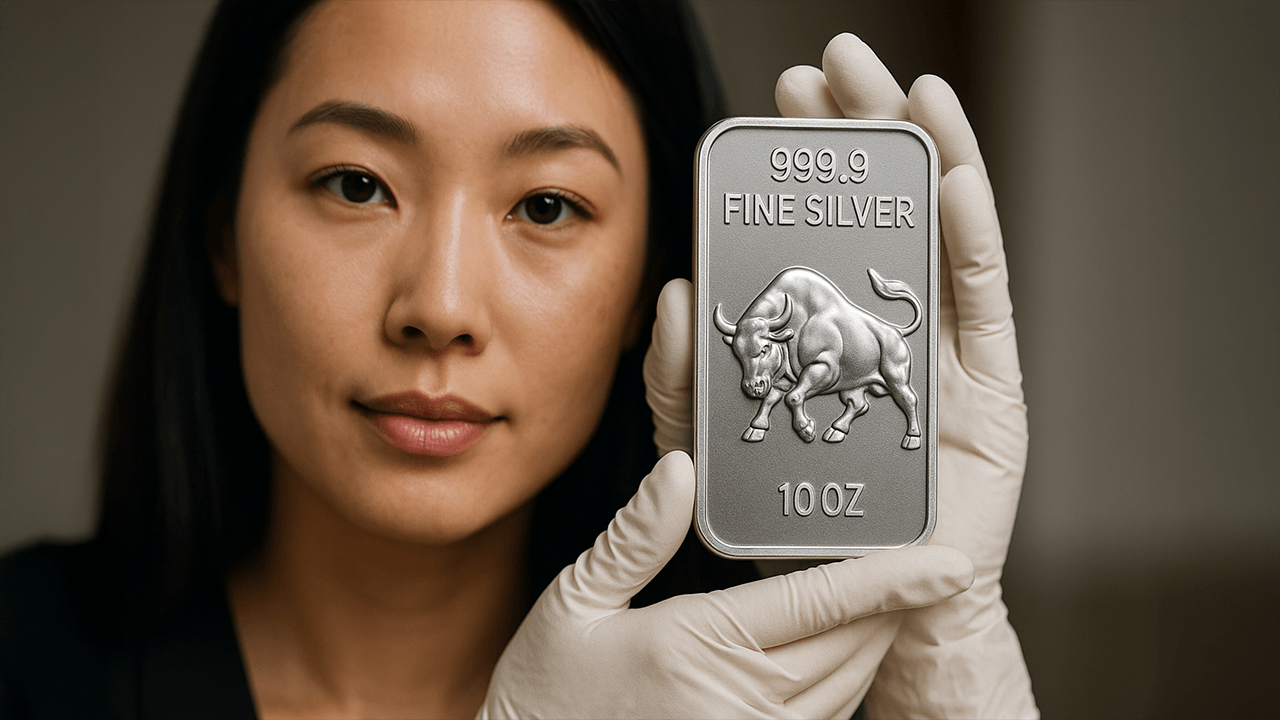The Impact of Artificial Intelligence on Modern Healthcare
Artificial Intelligence (AI) has emerged as a transformative force in modern healthcare, revolutionizing diagnostics, treatment, and patient care. The integration of AI technologies has led to significant improvements in efficiency, accuracy, and personalized medicine. This article explores the profound impact of AI on healthcare, examining its applications, benefits, and challenges.
The Rise of AI in Healthcare
The healthcare industry has witnessed a rapid adoption of AI-driven solutions over the past decade. According to a report by Grand View Research, the global AI in healthcare market size was valued at $4.9 billion in 2020 and is expected to grow at a compound annual growth rate (CAGR) of 44.5% from 2021 to 2028. This growth is driven by the increasing demand for efficient healthcare delivery, the rising prevalence of chronic diseases, and advancements in AI algorithms.
AI’s role in healthcare spans various domains, including medical imaging, drug discovery, and predictive analytics. Machine learning algorithms can analyze vast amounts of medical data to identify patterns and make predictions, enabling early disease detection and personalized treatment plans. For instance, AI-powered diagnostic tools have demonstrated high accuracy in detecting conditions such as cancer, diabetes, and cardiovascular diseases.
Applications of AI in Healthcare
1. Medical Imaging and Diagnostics
One of the most significant applications of AI in healthcare is in medical imaging. AI algorithms can analyze X-rays, MRIs, and CT scans with remarkable precision, often surpassing human radiologists in detecting abnormalities. A study published in *Nature Medicine* found that AI models could accurately identify breast cancer in mammograms with a sensitivity of 94.5% and a specificity of 97.3%, outperforming human radiologists in some cases.
AI-powered diagnostic tools are also being used to detect other conditions, such as diabetic retinopathy and Alzheimer’s disease. For example, Google’s DeepMind Health has developed an AI system that can analyze retinal scans to detect diabetic retinopathy with a high degree of accuracy. This technology has the potential to revolutionize early diagnosis and prevent vision loss in millions of patients worldwide.
2. Drug Discovery and Development
AI is also playing a crucial role in accelerating drug discovery and development. Traditional drug discovery processes are time-consuming and expensive, often taking over a decade and costing billions of dollars. AI algorithms can analyze vast datasets to identify potential drug candidates, predict their efficacy, and optimize clinical trial designs.
Companies like BenevolentAI and Atomwise are leveraging AI to discover new drugs for complex diseases. BenevolentAI’s platform uses natural language processing (NLP) and machine learning to analyze scientific literature and identify potential drug targets. In 2020, the company successfully identified a potential treatment for COVID-19 using its AI-driven approach.
3. Predictive Analytics and Personalized Medicine
AI’s ability to analyze large datasets makes it an invaluable tool for predictive analytics and personalized medicine. By analyzing patient data, including genetic information, lifestyle factors, and medical history, AI algorithms can predict disease risks and recommend personalized treatment plans.
For example, IBM’s Watson for Oncology uses AI to analyze patient data and provide evidence-based treatment recommendations for cancer patients. The system has been shown to improve treatment outcomes by identifying the most effective therapies based on individual patient profiles.
Challenges and Ethical Considerations
Despite its numerous benefits, the integration of AI in healthcare also presents challenges and ethical considerations. One of the primary concerns is data privacy and security. AI systems rely on vast amounts of patient data, raising concerns about data breaches and misuse.
Additionally, there are ethical considerations related to AI-driven decision-making. Ensuring that AI algorithms are fair, transparent, and unbiased is crucial to maintaining patient trust. Regulatory frameworks are being developed to address these concerns, but ongoing vigilance is necessary to ensure ethical AI use in healthcare.
Conclusion
Artificial Intelligence is revolutionizing modern healthcare by enhancing diagnostics, accelerating drug discovery, and enabling personalized medicine. While challenges such as data privacy and ethical considerations remain, the potential benefits of AI in healthcare are immense. As AI technologies continue to evolve, their impact on healthcare will only grow, paving the way for a more efficient, accurate, and patient-centered healthcare system.





